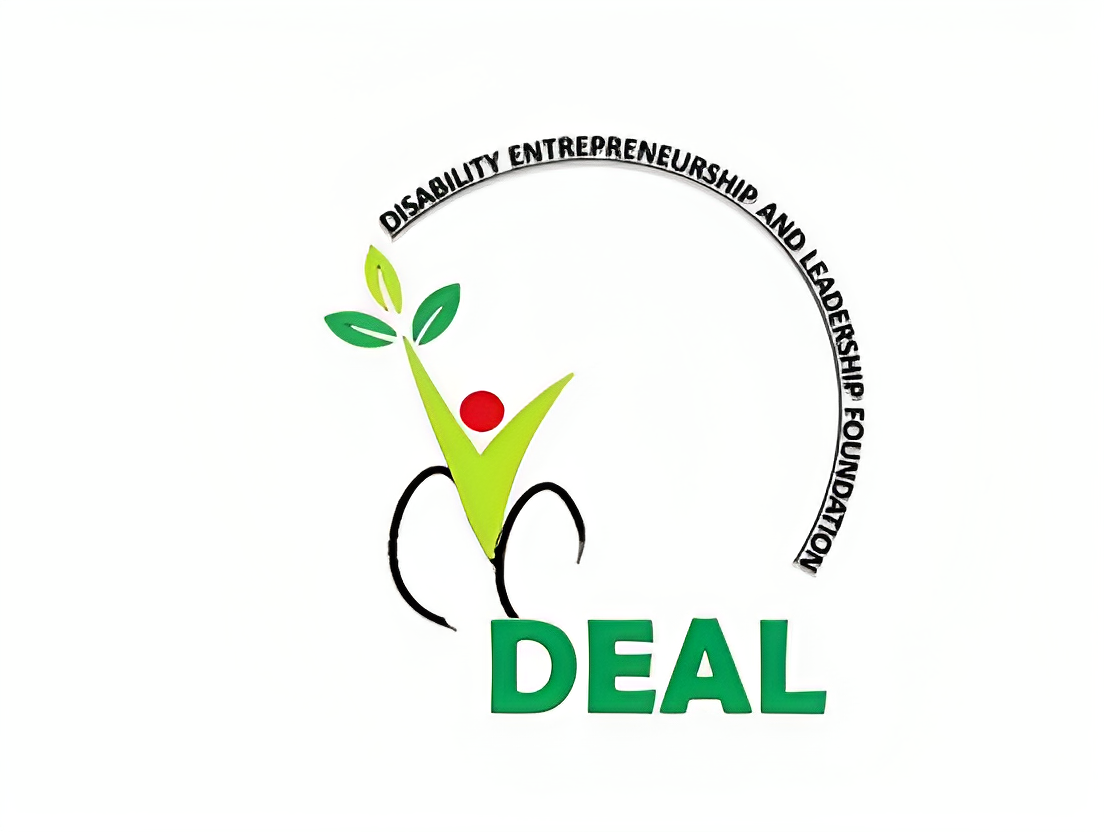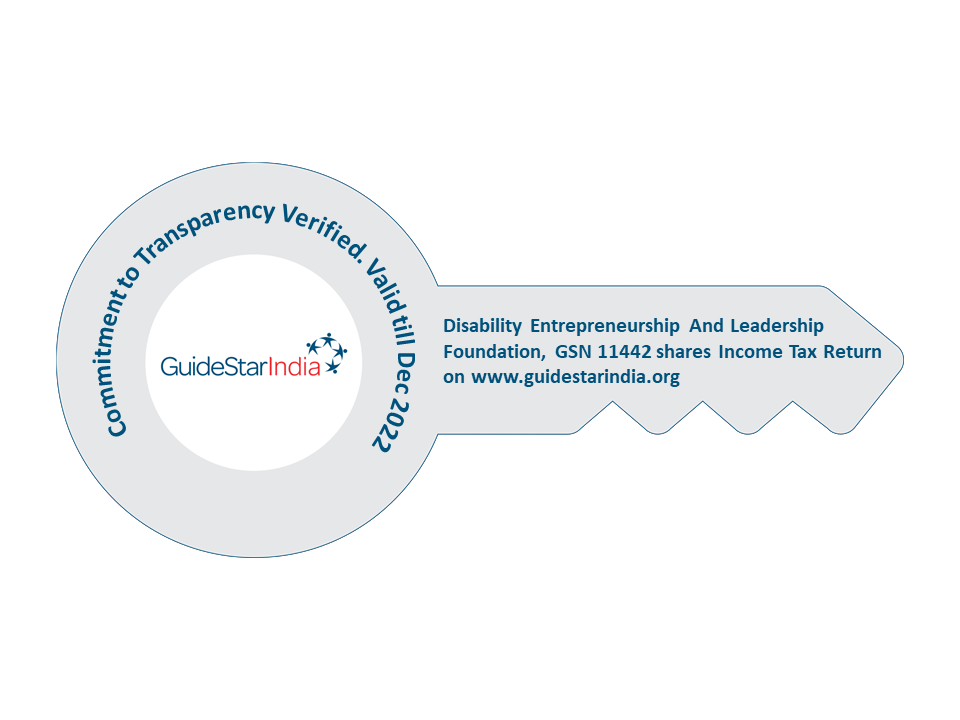Hypertension or high blood pressure is a common condition in which the long-term force of the blood against your artery walls is high enough that it may eventually cause health problems such as heart disease, stroke or even death.
Blood pressure is measured both by the amount of blood your heart pumps and the amount of resistance to blood flow in your arteries. The more blood your heart pumps and the narrower your arteries, the higher your blood pressure.
About 33% urban and 25% rural Indians are hypertensive. Of these, 25% rural and 42% urban Indians are aware of their hypertensive status. Only 25% rural and 38% of urban Indians are being treated for hypertension. One-tenth of rural and one-fifth of urban Indian hypertensive population have their BP under control.
You might be more at risk of hypertension if you:
- Are overweight
- Eat too much salt
- Do not eat enough fruits and vegetables
- Drink too much alcohol or coffee
- Smoke
- Do not get enough sleep
- Are over 65
Health conditions that could cause hypertension include:
- Kidney disease
- Diabetes
- Long term kidney infections
- Obstructive sleep apnea
- Hormone problems such as underactive/ overactive thyroid, acromegaly etc
- Lupus
- Scleroderma
One of the most dangerous things about hypertension is that you may not know you have it. In fact, nearly one-third of people who have high blood pressure don’t know it. That’s because high blood pressure doesn’t have any symptoms unless it is severe. The best way to know if you have hypertension is by regular check-ups or monitoring blood pressure at home.
Some symptoms of high blood pressure include:
- Severe headaches
- Nosebleed
- Fatigue or confusion
- Vision problems
- Chest pain
- Difficulty breathing
- Irregular heartbeat
- Blood in urine
- Pounding in your chest, neck or ears.
Lifestyle changes and adjustments are the standard first-time treatment for hypertension. Some recommendations are:
- Regular physical exercise like jogging, swimming, cycling and walking
- Stress reduction techniques like meditation, yoga, warm baths and going for long walks.
- Medication
- Diet changes like reducing salt intake, moderating alcohol consumption, eating more fruits and vegetables and less fat
- Managing body weight
Managing hypertension is of utmost importance due to the complications it causes. Visiting a doctor regularly and getting medical tests at regular intervals are advised if you have hypertension.
(Sources: mayoclinic.org, medicalnewstoday.com, .nhs.uk, ncbi.nlm.nih.gov)
As part of our work on livelihoods, health and wellbeing, we have been working with persons with disabilities to adopt organic horticulture practices. We are working with Dr. Bharati Chimmad from University of Agricultural Sciences Dharwad (UASD) who has produced a nutrition card game. The pack has 73 health and nutrition cards. Each card contains a food produce and its nutritional value. This card game not only is a fun game for kids and adults alike, but also helps in understanding the nutritional value of the food we consume on a daily basis.
For any specific questions regarding the blog, please write to us at info@deal-foundation.com
And to know more about the work we do, log on to www.deal-foundation.com


 Awarded by Guidestar India
Awarded by Guidestar India